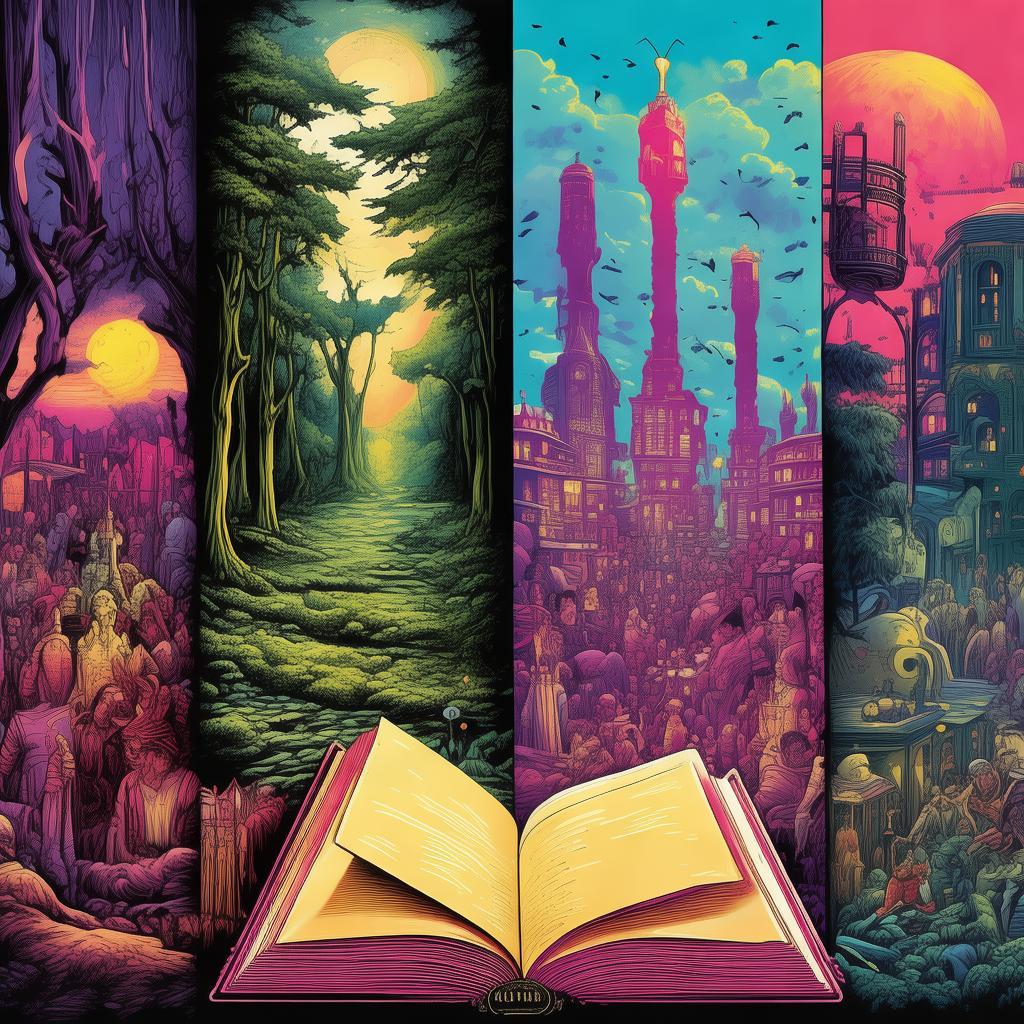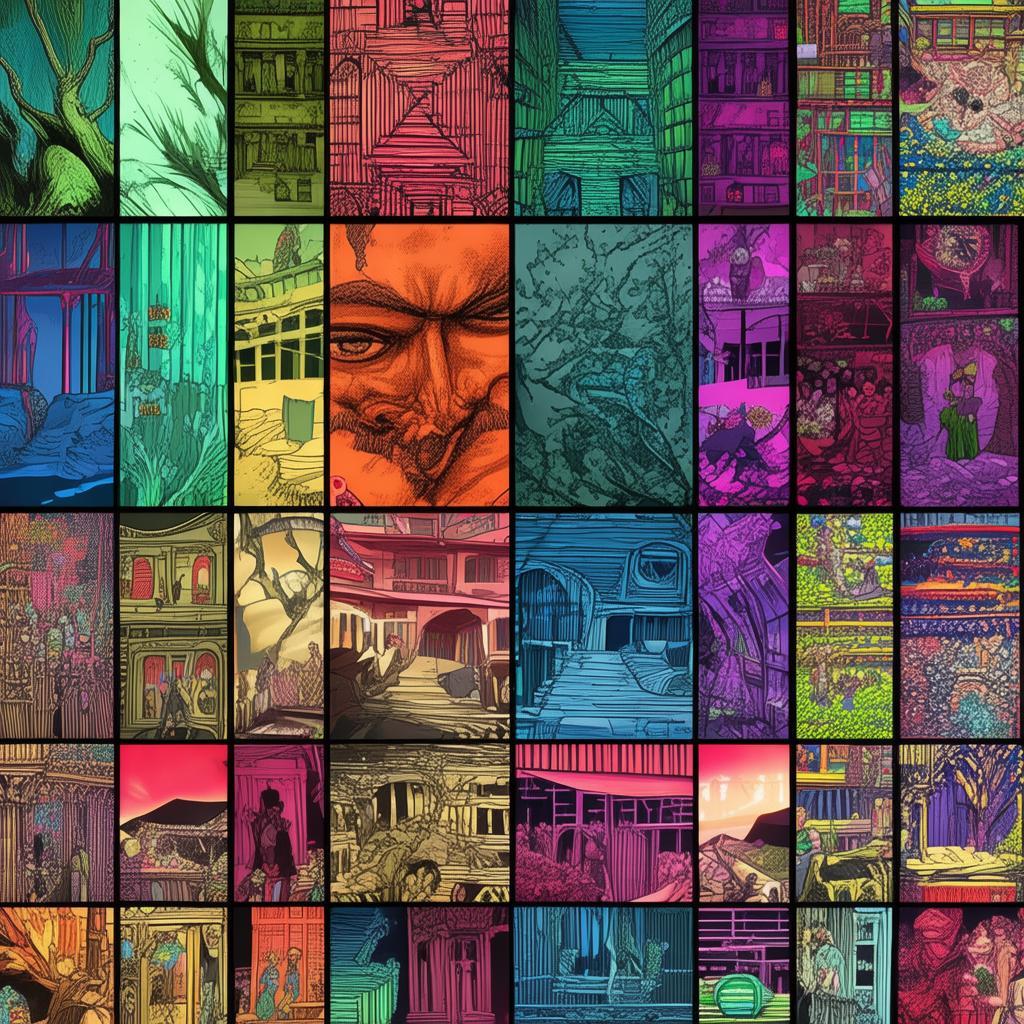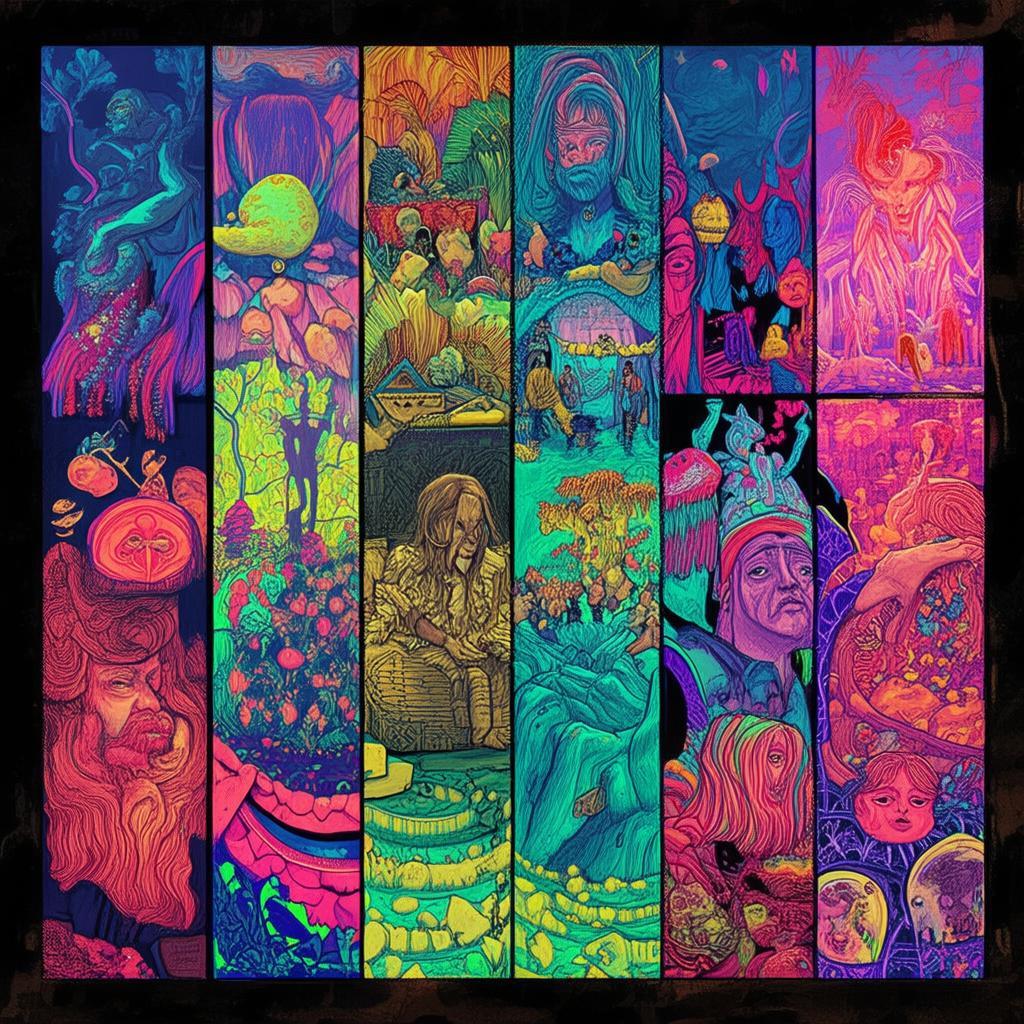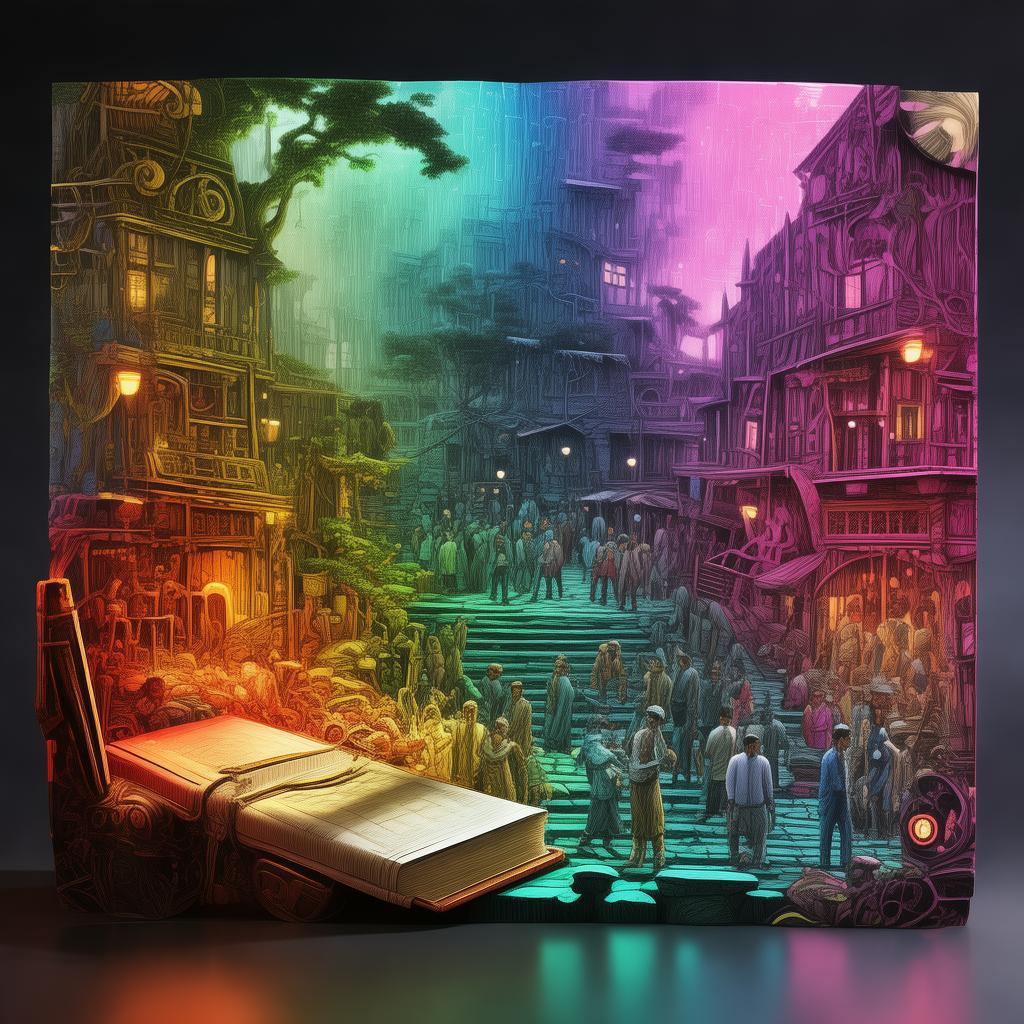The Lotus in the Mire: The Tragic Tale of Qu Yuan
In the heart of ancient China, where the Yangtze River roared like a sleeping dragon, there lived a man whose spirit was as pure as the waters that surrounded him. His name was Qu Yuan, a poet, a statesman, and a man of profound wisdom. His life was a tapestry woven with threads of patriotism, loyalty, and a burning desire to see his people thrive.
Qu Yuan was born into a noble family, but his heart was not one of comfort and luxury. It was a heart that beat in harmony with the land, with the people, and with the future. He was a man of words, a master of the written language, and his verses were like arrows aimed at the heart of tyranny and injustice.
The story of Qu Yuan is one of the most poignant in Chinese history. It is a tale of a man who stood up against corruption and greed, only to be betrayed by those he trusted the most. The political intrigue of his time was a labyrinth, and Qu Yuan, with his unwavering integrity, became ensnared in its web.
Qu Yuan's first conflict arose when he witnessed the corruption that was seeping into the very fabric of his nation. He was a loyal advisor to the king, yet he could not in good conscience support the king's decisions to turn a blind eye to the suffering of the people. "The land is sick," he declared, "and it needs a healer, not a poisoner."
His words fell on deaf ears. The king, ensnared by the cunning manipulations of his closest advisors, could not see the truth that Qu Yuan so clearly perceived. "You speak of a land that is not as it seems," the king retorted, "but I see a land that is thriving under my rule."
The conflict deepened as Qu Yuan's efforts to reform the kingdom were met with resistance. He saw the people suffering under the weight of taxes and the king's indulgence in opulence. "The lotus flowers bloom in the mire," he wrote, "but they do not lose their purity. The people of my land must be the same."
But his words and his actions were not enough to turn the tide. The advisors, who saw Qu Yuan as a threat to their power, plotted against him. They whispered lies, spread rumors, and manipulated the king's perception until Qu Yuan was seen as a traitor.
The climax of Qu Yuan's story came when he was exiled from the court. The once loyal advisor was now a pariah, banished to the far reaches of his kingdom. "I am the lotus," he declared, "and though I am planted in the mire, I shall not be defiled."
In exile, Qu Yuan's spirit was unbroken, but his body grew weary. He wandered the land, his heart heavy with the weight of his nation's plight. He wrote of his sorrow, of his longing for a better time, and of the purity that he sought to preserve.
Yet, as the years passed, his hope dimmed. The king remained unchanged, and the advisors grew more brazen in their corruption. Qu Yuan knew that his time was running out. He had to make a choice: to live in the mire and watch his people suffer, or to take his own life and leave a legacy of purity and courage.
The day of his decision came with a storm. The Yangtze River roared as if it too were mourning the loss of its son. Qu Yuan, dressed in white, stepped into the river, his spirit unyielding. "I shall not live to see my people enslaved," he cried out, "but I shall not rest until they are free."
And so, the tragic hero of ancient China met his end. His body was recovered by the people, who mourned his loss and celebrated his life. Qu Yuan's sacrifice became a symbol of resistance against tyranny and a testament to the power of the human spirit.

The legacy of Qu Yuan lives on through his verses, which have been cherished for centuries. His story is a reminder that even in the darkest of times, there are those who choose to stand up for what is right. His life was a lotus in the mire, blooming amidst the filth, a beacon of hope and purity.
As the river carried away the remnants of his body, it took with it the story of Qu Yuan, a tale that would resonate through the ages. His spirit, like the lotus, remained untouched by the mire, a symbol of resilience and the enduring power of the human soul.
In the end, Qu Yuan's story is not just one of personal tragedy, but a universal call to action. It is a reminder that the purity of the lotus can thrive even in the mire, and that the spirit of a man can overcome the darkest of times.
✨ Original Statement ✨
All articles published on this website (including but not limited to text, images, videos, and other content) are original or authorized for reposting and are protected by relevant laws. Without the explicit written permission of this website, no individual or organization may copy, modify, repost, or use the content for commercial purposes.
If you need to quote or cooperate, please contact this site for authorization. We reserve the right to pursue legal responsibility for any unauthorized use.
Hereby declared.









